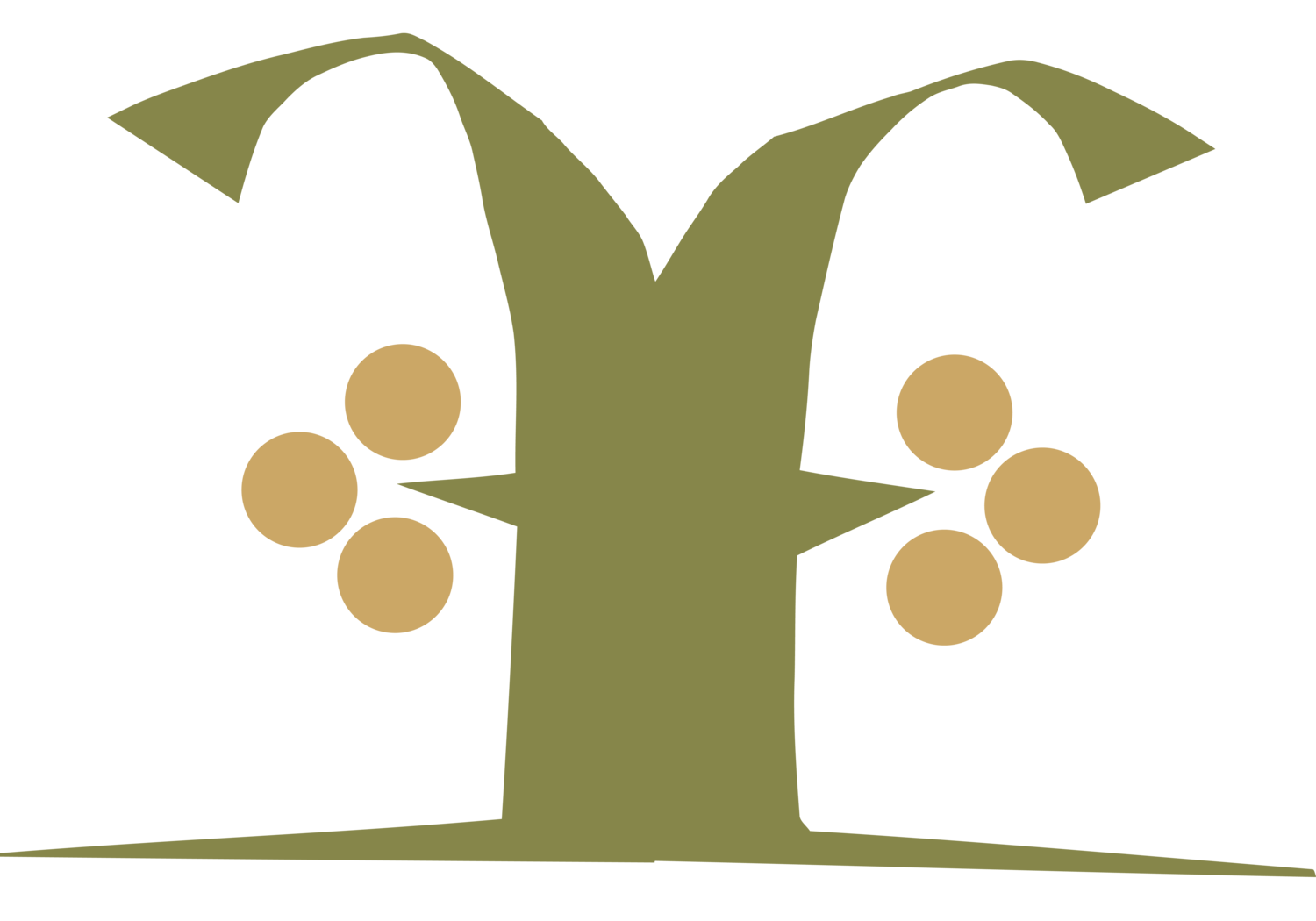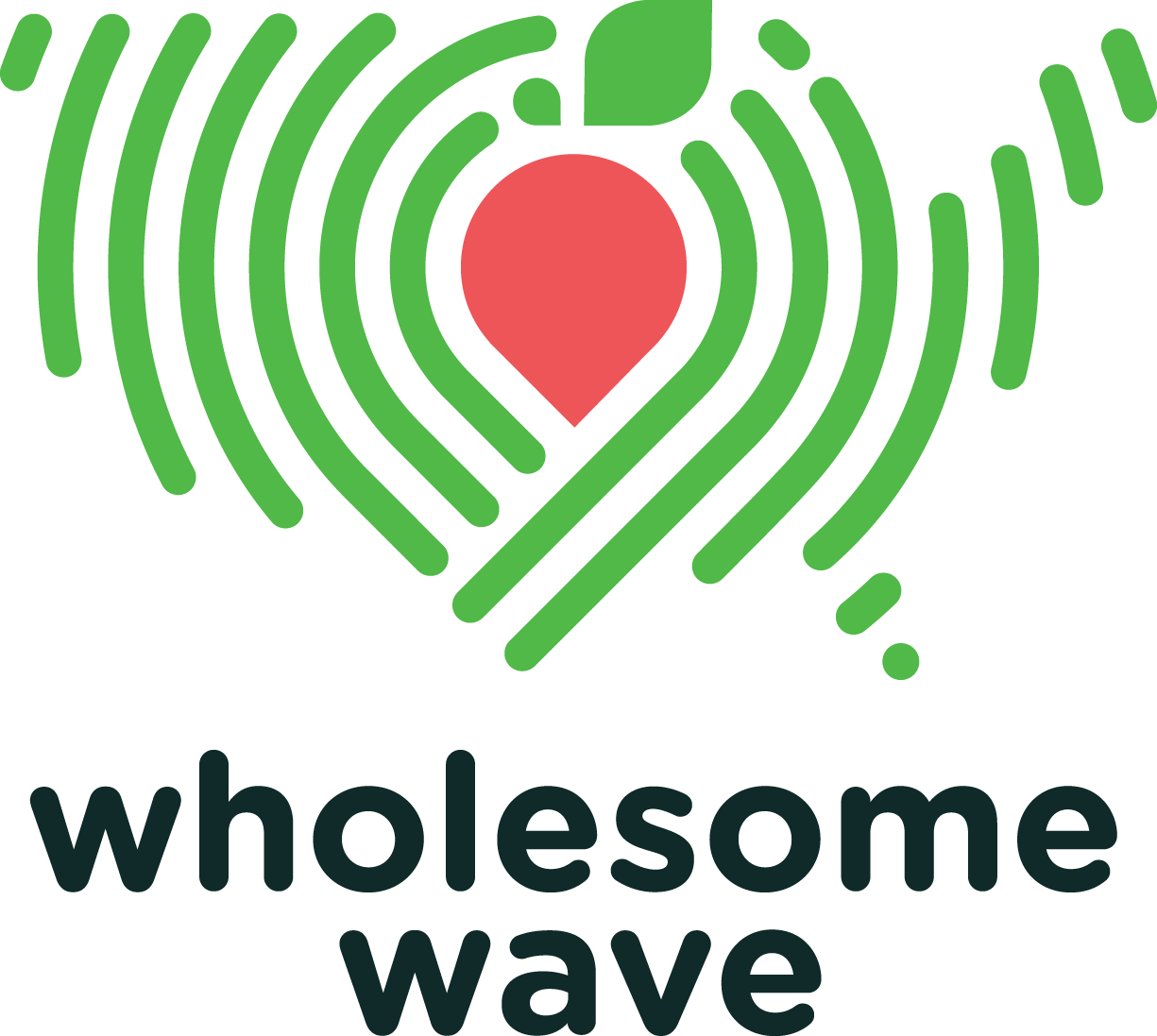
FUNDING HIGHLIGHTS
Food Systems and Food Waste
Sustainable food systems, food justice, and food security are key issues for us as a family and foundation concerned about healthy communities, ecological sustainability, and climate change. Our initial work in these areas involved supporting organizations such as the American Farmland Trust, Wholesome Wave, Harlem Grown, and our local food banks. In 2006, Betsy established Millstone Farm in Wilton, CT with the aim of restoring a sustainable regional food system. Through her work operating the farm and visiting the restaurants and grocery stores it serviced, she saw first-hand how much food was grown but ultimately never eaten. Realizing that food waste was an important issue in its own right, we began to apply our venture philanthropy model that involves a fusion of grant funding, impact investing, and the talent and time of our trustees and staff.
Our work on food waste started with a few place-based projects and pilots to build capacity and knowledge. Millstone Farm was used as an educational venue and living laboratory where we experimented with solutions to food waste such as gleaning. As our own knowledge base grew, we began to seed fund initiatives including a gleaning program at Island Grown Initiative and a food rescue technology platform developed by Food Rescue US. The Foundation also started to support nascent food waste programs at national nonprofits including NRDC, EDF, the Conservation Law Foundation, and Harvard’s Food Law and Policy Clinic. In many cases, our funding supported Fink Fellows and interns who were embedded within these organizations to expand capacity for food waste initiatives. In addition, through the Foundation, MissionPoint Partners, or personally, we have also made seed investments in innovative, for-profit companies working to solve food waste. Some examples of companies in our food waste impact investment portfolio are AeroFarms, an indoor farming venture, Spoiler Alert, an inventory management and food donation software platform, Mori (Cambridge Crops), a shelf-life extension coating technology, Divert, an organics recycling solution for retailers, and MisfitFoods, whose first product line was juices made from rescued, imperfect produce.
As we learned more about potential solutions to food waste and what the key stakeholders needed to do to drive action on a systems-wide scale, we realized that there wasn’t a central knowledge hub or a shared, data-driven strategic plan. This led the Foundation to embark on a special project with MissionPoint Partners in 2013 to create a roadmap to reduce wasted food in the United States, based upon research on the best areas for impact and their economic costs and benefits. Through the hard work of so many people and organizations, as well as the intellectual and financial support of philanthropic families, foundations, and corporations, this project led to the creation of ReFED in 2015 and the publication of its seminal report, A Roadmap to Reduce U.S. Food Waste By 20 Percent.
The Foundation continues to actively support organizations and individuals working on solutions to food waste as well as on sustainable and inclusive food systems in general. Our place-based initiatives are currently focused on our local communities in Colorado and Martha’s Vineyard as well as in Nogales, Arizona, the border town and port of entry where six billion pounds of fresh produce enter the U.S. from Mexico. Highlights of the Foundation’s current food systems and food waste initiatives are described below.
Community Food Bank of Southern Arizona
The Community Food Bank of Southern Arizona (CFB) responds to the root causes of hunger and seeks to restore dignity, health, opportunity, and hope to people living in poverty. CFB is part of one of the largest food rescue efforts in the U.S. - each year, approximately 6 billion pounds of fresh produce come through the port of entry in Nogales, Arizona, on the border of Mexico. Much of this ends up in landfills. CFB’s produce rescue team works to save fresh fruits and vegetables from landfills and distribute them to those in need. The CFB team works with produce brokers in Nogales to capture excess produce, and with partners all over the nation to ship that produce to places that need it. In 2019, CFB shipped rescued produce to 23 states in the Feeding America network. As part of the Foundation’s work to reduce food waste in Nogales, Hannah Semler, a Fink Fellow, has provided strategic guidance to CFB’s produce rescue team from 2019-2021.
Harlem Grown
Harlem Grown (HG) is a Harlem-based youth development nonprofit utilizing food justice as a vehicle for social transformation. HG strives to deliver all programming, services, and activities through a deeper racial and social justice lens with disciplined attention to race and ethnicity. Since its inception in 2011, HG operates local urban farms, increases access to and knowledge of healthy food for Harlem residents, and provides garden-based development programs to Harlem youth. Through the Foundation, students from HG visited Millstone Farm for workshops and other hands-on learning opportunities.
Island Grown Initiative
Island Grown Initiative (IGI) strives to build a regenerative and equitable food system on Martha’s Vineyard that engages, informs, and integrates the community. In 2009, The Foundation seed funded IGI’s gleaning program which improves access to fresh local produce by harvesting farm surplus and donating to organizations serving low-income, hungry, and marginalized community members. Since then, volunteers have harvested more than 200,000 pounds of food from Vineyard fields to share with their hungry neighbors. In 2018, the Foundation began to support IGI’s Martha’s Vineyard Food Waste Initiative, including providing a grant to fund the addition of an organic waste collection truck and an in-vessel compost rotary drum. In addition, Eunice Youmans, a Fink Fellow, has served as IGI’s program manager for this food waste initiative from 2019-2021. Since 2018, the amount of food waste recovered and converted to high quality compost has quadrupled, and plans for an island-wide composting system have been developed.
Martha’s Vineyard Fishermen’s Preservation Trust
The Martha’s Vineyard Fishermen’s Preservation Trust (MVFPT) was established to safeguard Martha’s Vineyard’s fishing heritage and future by supporting the island’s small-boat, owner-operated fishing fleets and their sustainably harvested catch. In response to COVID-19’s elevation of food insecurity and disruption of the local wholesale seafood distribution chain, the Foundation seed funded MVFPT’s Community Seafood Pilot Program to buy excess catch from local fishermen and donate it to local emergency food providers. This year, the Foundation catalyzed MVFPT’s newest initiative, the Martha’s Vineyard Sustainable Seafood Collaborative, which was established due to the pandemic-related closure of a critical wholesale seafood market on-island. The Collaborative rallied to take over the market and save the 2021 commercial fishing season by stabilizing over 100 local fishing businesses while also creating a pipeline to utilize surplus fish to create meals to be donated to families in need.
ReFED
In 2014, the Foundation seed-funded ReFED, a national nonprofit working to end food loss and waste across the food system by advancing data-driven solutions to the problem. ReFED leverages data and insights to highlight supply chain inefficiencies and economic opportunities; mobilizes and connects people to take targeted action; and catalyzes capital to spur innovation and scale high-impact initiatives. The Foundation continues to actively support ReFED’s work and has catalyzed recent ReFED capital and innovation programs as well as diversity, equity, and inclusion initiatives. We are also proud to have supported the development of the recently launched ReFED Insights Engine and the accompanying RoadMap to 2030.
Upcycled Food Association
Upcycled Food Association (UFA) is a nonprofit focused on reducing food waste by growing the upcycled food economy. It was created in 2019 by upcycled food companies themselves, who recognized the power of collaboration in growing a successful food category and environmental movement. Through research, strategy, networking, and policy advocacy, UFA is building a food system in which all food is elevated to its highest and best use. The Foundation was a seed funder of UFA and Turner Wyatt, UFA’s CEO and Co-founder is a Fink Fellow.
What is American Food?
What is American Food? (WIAF) is a podcast exploring the widespread assumptions and gaps in knowledge that we hold in the United States about the food we eat and don’t eat; in other words what we waste. Through storytelling, WIAF reveals how our U.S. food system is designed, identifying where we can most impact hunger relief, climate change, and economic stability for families everywhere. Co-hosts Hannah Semler and Ali Berlow take a broad and deep dive into food systems, in a format that questions, informs, and discusses the nature of how we understand where our food comes from. WIAF explores the stories we tell in the U.S. about our food security and nutritional health, bringing attention to problems such as food waste and solutions such as regenerative agriculture.
Wholesome Wave
Wholesome Wave was created to address diet-related diseases by helping low-income Americans buy and eat healthy fruits and vegetables. Millions of Americans suffer every day from nutrition insecurity as a result of hunger, making them highly vulnerable to diet-related diseases like diabetes, heart disease, and obesity. Wholesome Wave believes that solving hunger is not just about providing more food, it’s also about providing the right food, so we can combat the real problem of nutrition insecurity. The Foundation seed funded Wholesome Wave and Betsy served as a founding board member. The Foundation’s early grants enabled Wholesome Wave to launch the Double Value Coupon Program which made food stamps worth double at 300 farmer’s markets in 24 states.
The Foundation is proud of the organizations we have supported in the food systems and food waste landscape some of which include:









